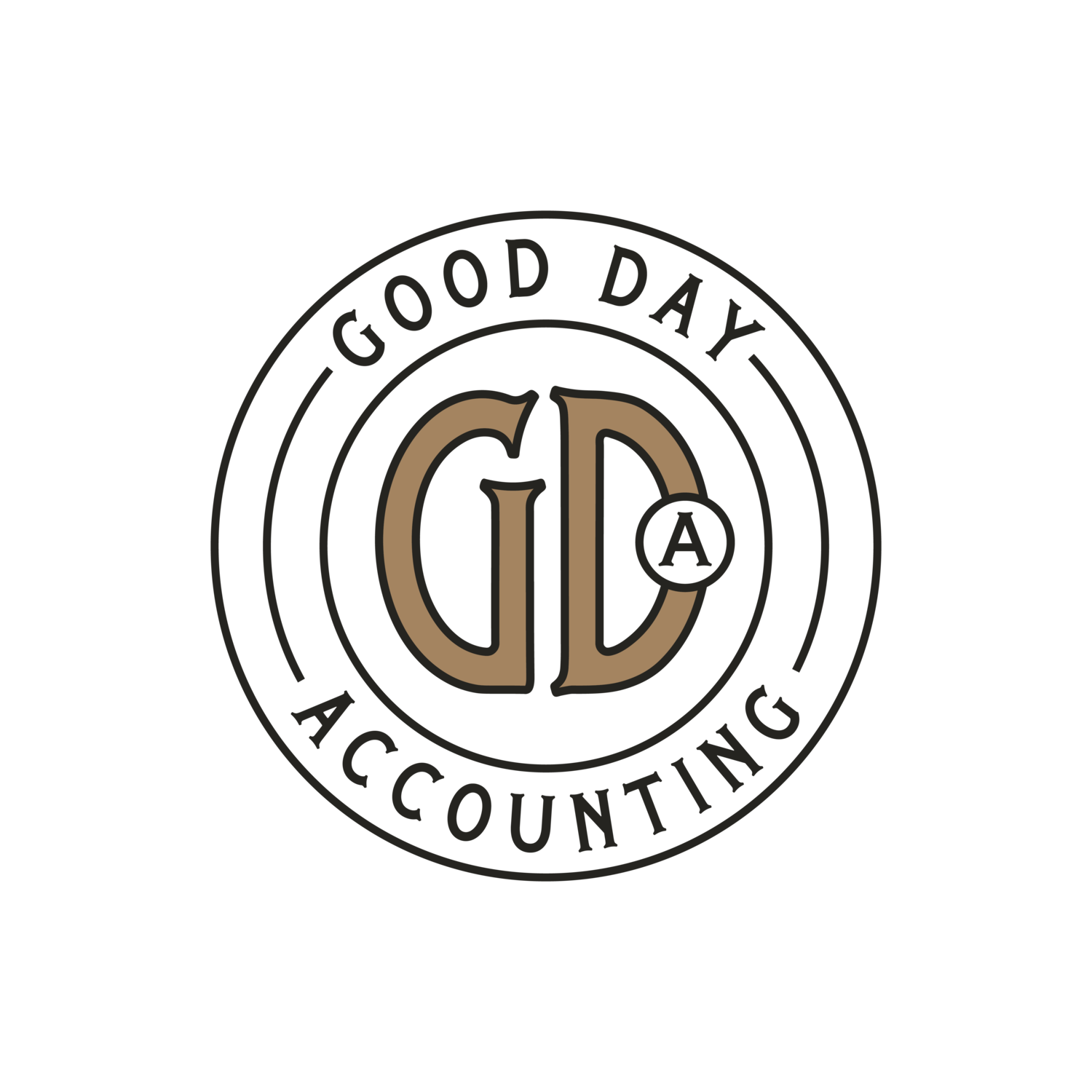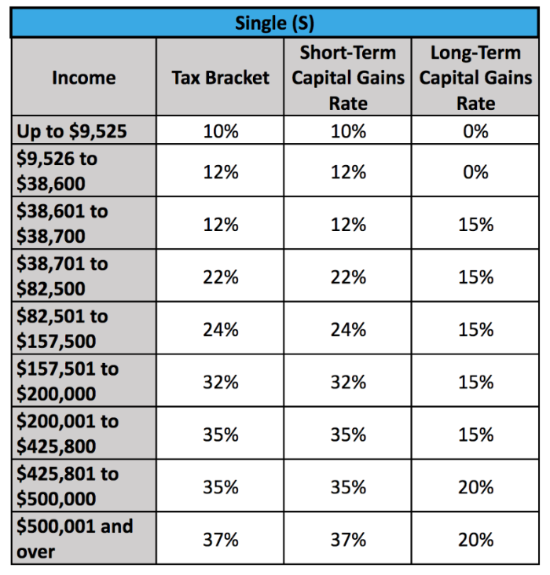Retail Investing, FOMO & You 🚀
The Bottom Line:
Casual traders will get a Form 1099-B from your brokerage firm in February or March, make sure you give this to your tax preparer.
Game Stop, Short Squeeze, WallStreetBets, Robinhood, FOMO - If you have heard any of these terms lately then maybe you too are a retail investor...
Hi, Jaie here,
Yes, I have Robinhood on my phone and yes, I bought Game Stop because I saw the hype on Reddit and, yes, I have FOMO most days. But I am here now to summarize for you the tax implications of being a retail investor.
Let’s start with some definitions, loosely paraphrased by me.
Retail Investor: Also known as an casual, individual investor, specifically not a professional investor.
Brokerage Firm: A brokerage firm, or a brokerage, is the middleman that connects buyers and sellers to facilitate a transaction. The first time I bought stock in 2002 I paid a $6 fee to my broker to buy five shares of stock. But now with apps, there are no commission fees. This makes it easier (too easy?) to buy/sell/buy/sell multiple times.
FOMO: Fear Of Missing Out. (Roaring Kitty on YouTube just made millions, maybe I can make millions too!)
Do you have to pay taxes on the money you make buying and selling stocks? Yes of course.
But how does the IRS know? They know because the brokerage firm will tell them.
So I have to put it on my tax return? That’s right, you do. (Or if we are preparing your return, we do.)
Your brokerage firm will send you a Form 1099 sometime in February or March for transactions the previous year. This form will list every time you bought or sold stock. For each purchase, it will list the date, the price, and the quantity. For each sale, it will list the same thing plus your gains (if you sold for more than you bought) or your losses (if you sold for less than you bought). It will also indicate if it is reporting the basis (what you initially paid) to the IRS. Your tax preparer has to list every single buy and sell on your tax return. (On Form 8949 which flows through to the Schedule D - to be exact.)
Snippet of Form 8949. (Where each and every transaction is listed!!)
More Important Words:
Form 1099-B: The form your brokerage firm(s) will give you listing all your stock sales for the previous year.
Cost Basis: What you initially paid for a stock.
Capital Gains: How much you made by buying a stock low and selling it high.
Losses: I don’t even want to say it - but you bought high and sold low and lost money.
How much tax will I pay? That depends!!
This is where things get complicated. If you owned the stock for less than a year, it is considered a short term transaction. And gains on short-term transactions are taxed like regular income. If you owned the stock for longer than a year, that is 366 or more days, then the gains will be taxed at a lower rate favorable to investors.
This chart shows tax rate based on filing status of Single.
(If you are Married or Head of Household the percentages will be different.)
Some people who were playing with stocks in 2020 and who (hopefully) made some money, might be surprised when they a) have to pay taxes on the money they made, and b) have to pay their tax preparer more because the tax return got more complicated.
Also, remember, I am not a financial advisor, none of this is financial or investment advice.
To the moon 🚀🚀🚀,
Jaie
PS Bitcoin and cryptocurrency is a whole other story - stay tuned
Good Day's 2020 Tax Resource Links: 2020 Resources




